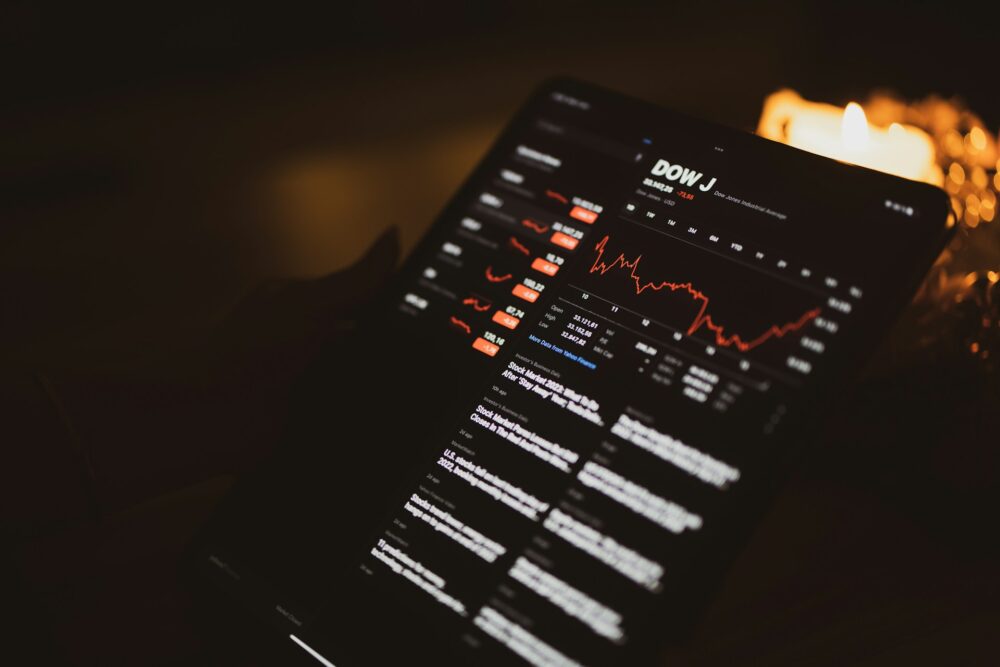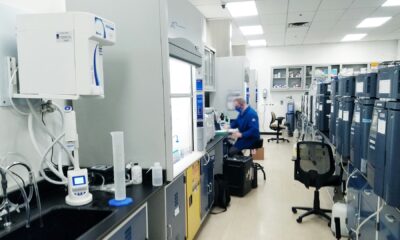Business
Are start-ups companies really all that different to others?
The start-up world is full of wild, sometimes far-fetched fantasies. But, vocabulary aside, is there really any difference between an innovative start-up and an innovative small or medium-sized enterprise? What happens if we take a step back and look past all the specialized jargon, hyperbole and astronomical IPOs? With all due respect to millennials, there isn’t really a difference.

A few months after their IPO, Uber and Slack lost almost 40% of their value. Despite their enormous valuations (82 billion dollars for the former, 20 billion for the latter), the two unicorns have been caught up with by reality: they are still losing money. Proof that a start-up cannot live on fundraising forever and that the best way to overcome obstacles is to find customers, generate sales and make a profit. If not, failure is guaranteed. According to the Association of Corporate Executives and Directors, 75% of start-ups do not make it past their first four years of existence and 90% never make it to six. In the e-commerce sector, it’s even worse: according to a survey by the MarketingSignals agency, only one company in ten would pass the four-month mark.
To get more business articles like this delivered along with the latest financial news stories, download our free companion app, Born2Invest.
Finding customers
“A start-up either pays monthly expenses, salaries and benefits… It may go six months without income, but finding clients will quickly become a necessity,” explains Jean-Baptiste Pondevy. The entrepreneur knows what he’s talking about. After creating Bimédia in 2002, a company selling cash register software and management systems that equips 7,000 points of sale and has a turnover of 100 million euros, in 2018 he launched O°Code, a system for marking products via Blockchain technology. In both cases, he has applied the same recipe: addressing the professional business to business market.
Making a profit
“Just because you create a start-up doesn’t mean you can go without a real business vision. You have to make numbers,” confirms Caroline Péchéry, the founder of ScanUp, an application that allows consumers to scan barcodes on food products. Compared to other companies, a start-up represents higher risk taking, stronger growth potential, all with a clear link to innovation. All this doesn’t stop you from looking for profitability!” She herself had to redirect her start-up in the summer of 2018, after one year of existence: having been unable to convince users to pay for her solution, she turned to B2B, which is more profitable. It now allows manufacturers in the food industry to solicit its base of 75,000 active users before finalising new products. As a result, the company now has around 30 customers, five employees and expects to generate 200,000 euros in revenue in 2019, its first full year of operation.
Perseverance again and again
Like any business creator, the founders of start-ups very quickly find themselves “confronted with tense situations: searching for funding and premises, recruiting and managing the team,” recalls Michel Grossetti, sociologist and co-author of the French language book Les Start-ups, des entreprises comme les autres? Whatever name you call it, start-up, young company or SME, launching a company requires a good dose of versatility and a lot of perseverance. “I see a lot of them raising funds and going into an incubator with pride. But most of them struggle to finalize their product and find their customers… And their company disappears. You have to stop dreaming,” warns Fabrice Cavarretta, a professor of entrepreneurship at Essec. “In entrepreneurship, we fail!”
Aurélien and Aurélie Chabrol, leaders of Tribu d’explorateurs: “A start-up has a vocation to become a small business.”
Formerly sales director of a travel agency, Aurélien Chabrol decided in 2018 to create his own company, Tribu d’Explorateurs, with his partner and spouse Aurélie. The niche: offering upscale travel to a family clientele. Very quickly, it works: the couple claims 1 million euros in turnover for its first year of operation. “A start-up,” says the young man, “is in a permanent test and learn cycle: it will continue on its way if the business goes well. If not, it learns, evolves and changes direction. But, in the end, it is destined to become a company like any other: a small business that finds its economic model and stabilises.”
__
(Featured image by Startup Stock Photos via Pexels)
DISCLAIMER: This article was written by a third party contributor and does not reflect the opinion of Born2Invest, its management, staff or its associates. Please review our disclaimer for more information.
This article may include forward-looking statements. These forward-looking statements generally are identified by the words “believe,” “project,” “estimate,” “become,” “plan,” “will,” and similar expressions. These forward-looking statements involve known and unknown risks as well as uncertainties, including those discussed in the following cautionary statements and elsewhere in this article and on this site. Although the Company may believe that its expectations are based on reasonable assumptions, the actual results that the Company may achieve may differ materially from any forward-looking statements, which reflect the opinions of the management of the Company only as of the date hereof. Additionally, please make sure to read these important disclosures.
First published in CAPITAL, a third-party contributor translated and adapted the article from the original. In case of discrepancy, the original will prevail.
Although we made reasonable efforts to provide accurate translations, some parts may be incorrect. Born2Invest assumes no responsibility for errors, omissions or ambiguities in the translations provided on this website. Any person or entity relying on translated content does so at their own risk. Born2Invest is not responsible for losses caused by such reliance on the accuracy or reliability of translated information. If you wish to report an error or inaccuracy in the translation, we encourage you to contact us.

-

 Crowdfunding1 week ago
Crowdfunding1 week agoConsolidation in Sight in the Italian and European Crowdfunding Sector
-

 Impact Investing6 hours ago
Impact Investing6 hours agoTerre et Lac Launches Crowdfunding for a Photovoltaic Power Plant
-

 Crypto2 weeks ago
Crypto2 weeks agoBitcoin Markets are Entering a Phase of Euphoria, According to Glassnode
-

 Markets4 days ago
Markets4 days agoReview of the Dow Jones in the Bear’s Eye View
























